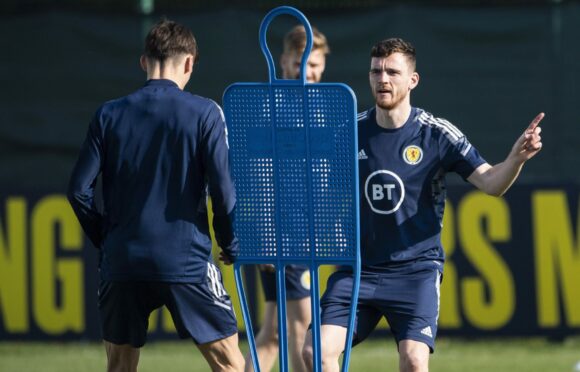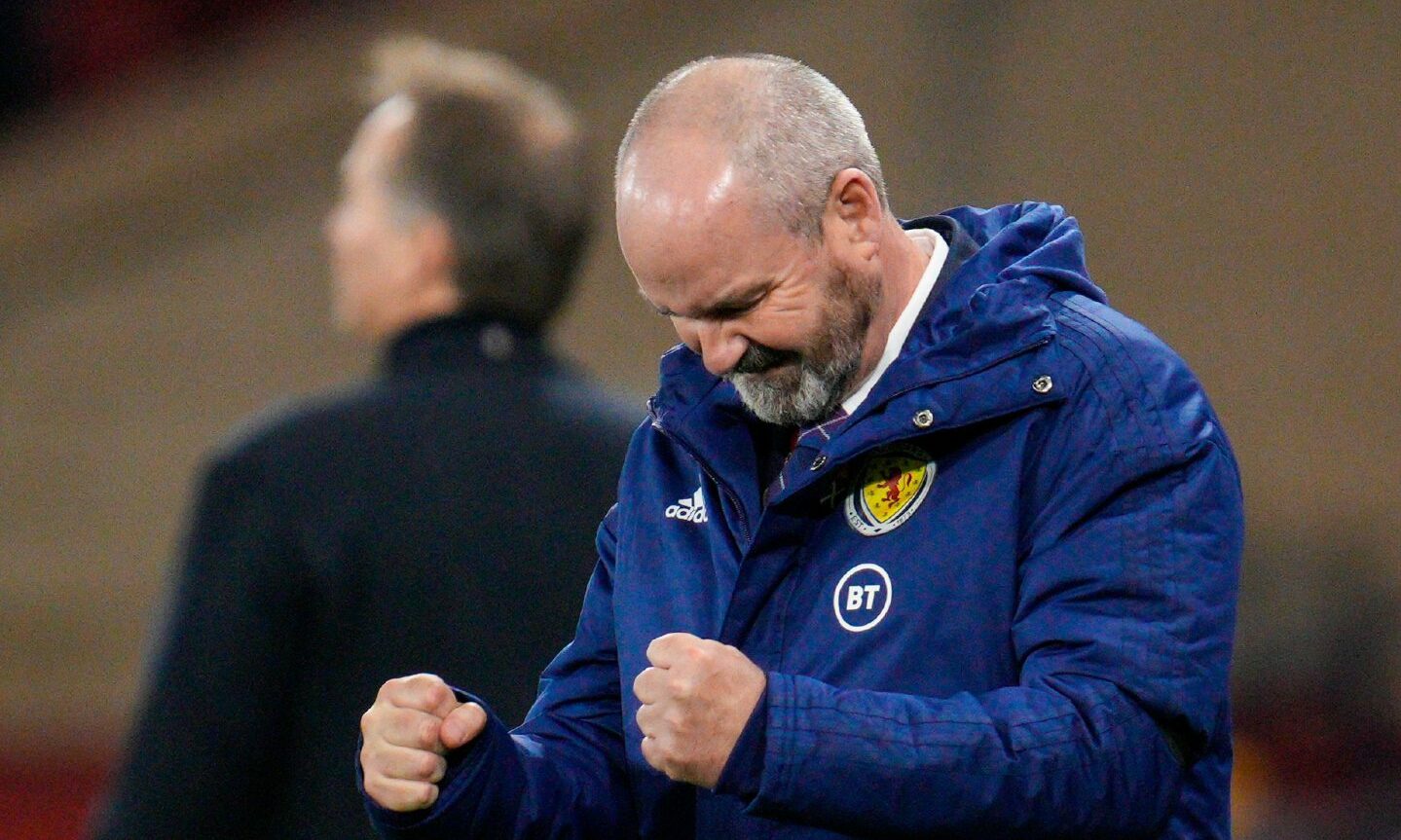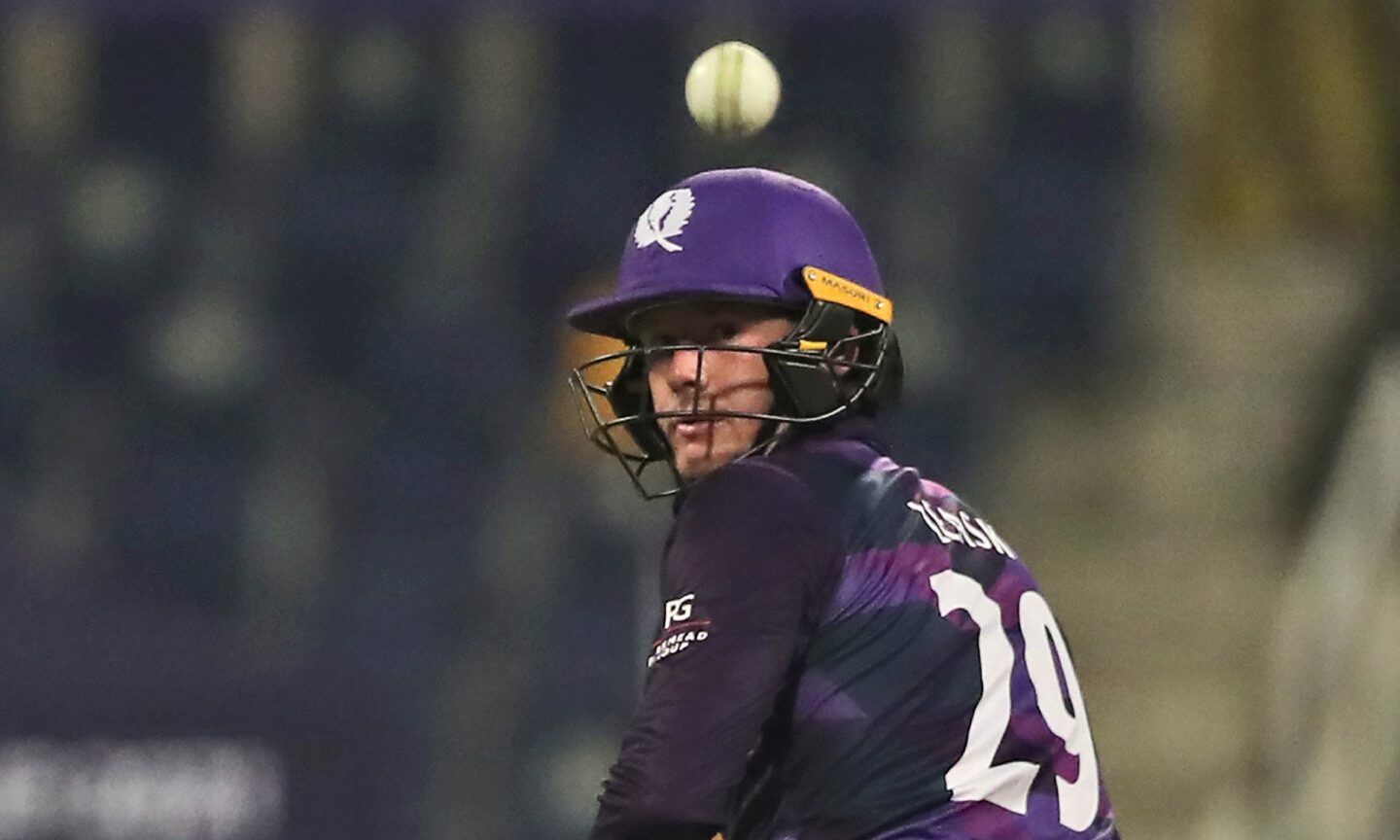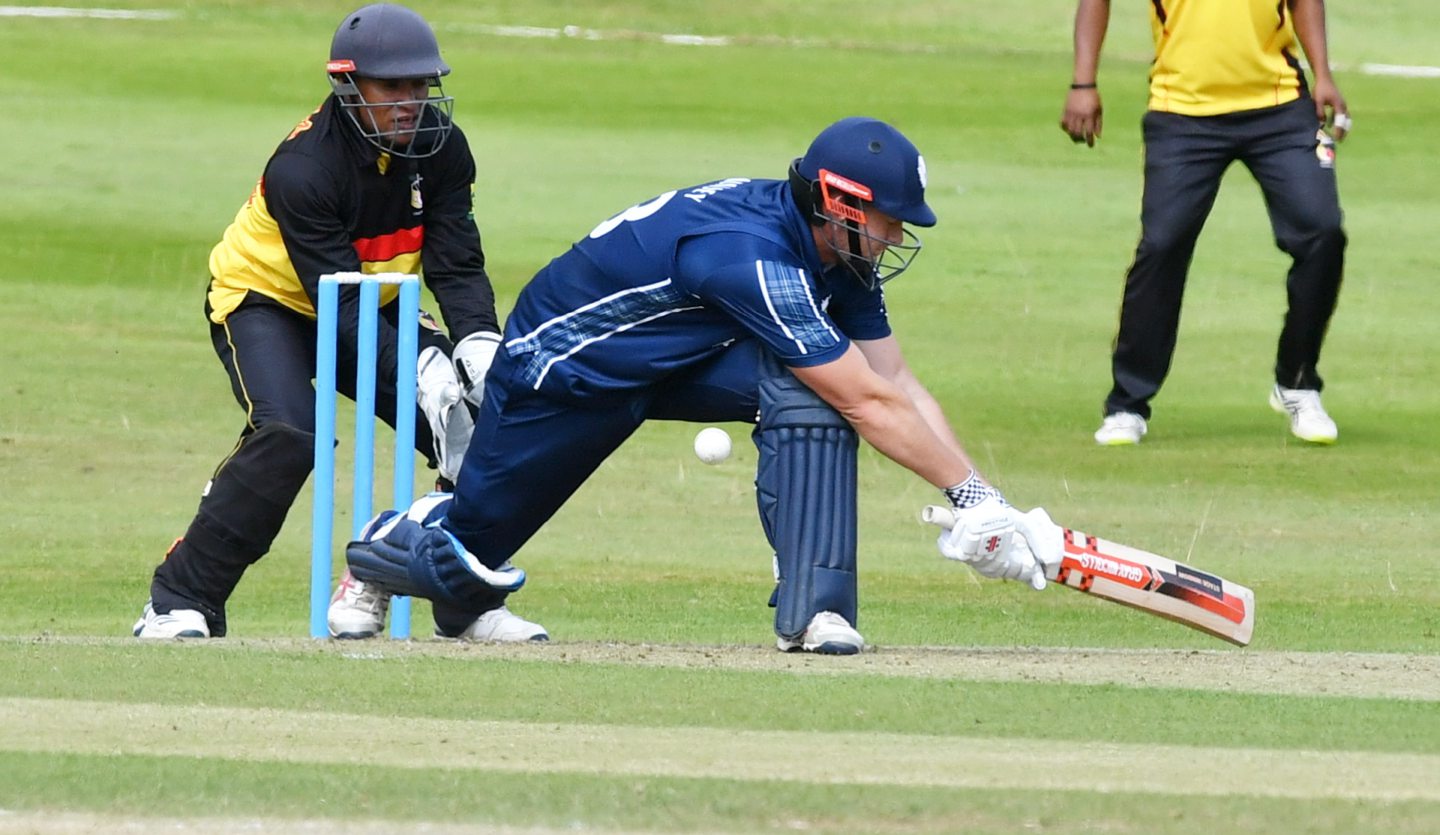Nobody in Scotland has any doubt about which sport rules the roost, in terms of public affection, media coverage and sponsorship money.
It’s football, first, second and third with the rest languishing far behind and millions of people across the country will once again congregate at Hampden Park or in a plethora of pubs, parties and household gatherings tomorrow night when Steve Clarke’s side do their best to beat Ukraine and advance to a World Cup qualification tussle with Wales next Monday.
In the build-up to the contest, Andy Robertson has spoken articulately and sensitively about the conflicting emotions which he and his teammates will face when they lock horns with opponents, whose family and friends are still involved in desperate resistance against Russian invaders.
In any other circumstances, Robertson admits he would be supporting the Ukrainians after the horrific privations they have suffered in recent months, yet he knows, fresh from tasting the sting of defeat with Liverpool in the Champions League final against Real Madrid, that the Tartan Army will not be forgiving if the side miss out on their sixth consecutive World Cup.
But at least he and his fellow players are being granted the chance to shine in the spotlight, bolstered by the good wishes and expectations of fans who will be backing them, whether they normally cheer on Aberdeen or Celtic, Hearts or Rangers, or any other club who are currently in their summer recess.
Cricket in the Twilight Zone
What a contrast with Scotland’s cricketing counterparts, who are in the United States at the moment, but might as well be in the Twilight Zone, considering how little their activities are gaining any recognition. Yet, even as somebody who has loved the game for the last 50 years, it’s difficult to get excited about what is unfolding in World Cup League 2.
For the uninitiated, this provides a pathway for the ICC’s emerging nations to be involved in the pastime’s premier tournament, though only by participating in a labyrinthine fixture schedule against their second-tier rivals.
And, even if Kyle Coetzer’s men are successful in the event, which continues until next February, with the top three progressing to the actual World Cup qualifier itself, that merely offers a chance to be pitted against some of the ICC Full Members such as Bangladesh, Sri Lanka and the West Indies.
It’s the sort of convoluted format which might have been expressly designed to obliterate interest in the Associate’s fortunes. As a cricket anorak, I followed the proceedings in their two ODIs in Texas at the weekend, but the matches – which yielded a 104-run defeat and a 111-run win for the Scots – didn’t finish until around midnight and the viewing figures for any streaming service might have been as low as those for Piers Morgan’s latest talk show.
A small part of me feels sorry for Scotland’s representatives, who seem trapped in endless tussles with the likes of Oman and Papua New Guinea and the UAE, the US and Namibia, but then I remember how they blew their opportunity to convince the ICC they deserved the Full Member status which was, instead, granted to Ireland and Afghanistan.
Given the exploits of the Scots even 15 or 20 years ago, when they performed well in reaching the 2007 World Cup by triumphing in the ICC Trophy competition, winning all of their games in Ireland, they should have been capable of taking the next step up and showing their worth on the global stage. However, as a perceptive new book Crickonomics, by Stefan Szymanski and Tim Wigmore, points out, the odds were stacked against them.
The authors quote a piece by Wisden editor Matthew Engel in 2006, where he poured cold water on the Scots and Irish, in advance of the World Cup.
He wrote: “It is just a historical quirk that the England team is not called Britain or the British Isles. Every Scotsman and Irishman who gets good at cricket wants to play for England and always has done. The idea that they can provide proper opposition for any genuine Test team is ludicrous. But the World Cup will be substantially ruined to perpetuate this myth.”
Of course, in the tournament in the Caribbean, Ireland toppled Pakistan and Bangladesh, then followed that up with victories over England, West Indies and Zimbabwe in the next two global events. Scotland, meanwhile, were thumped by everybody in 2007, failed to reach the 2011 extravaganza and lost all their matches in 2015 (including one against Afghanistan where they repeatedly snatched an agonising defeat from the jaws of victory).
And that, basically, is why they are now involved in this wretched series of WCL2 affairs, forever striving to prove they merit inclusion at the ICC’s top table. And, in the meantime, the sport’s profile decreases in Scotland.
It’s not the footballers’ fault that their exploits will dominate the landscape in the days ahead. Or that the new SPFL season will have kicked off again by the time New Zealand arrive at the Grange in Edinburgh in late July.
But spare a thought for Coetzer and his colleagues. The Aberdonian has been a great servant to his pursuit for nearly 20 years. Yet win or lose this week, he and his players are in danger of falling off the radar.
Which may not matter to that many people. But it matters to me.
Crickonomics: The Anatomy of Modern Cricket is published by Bloomsbury.




